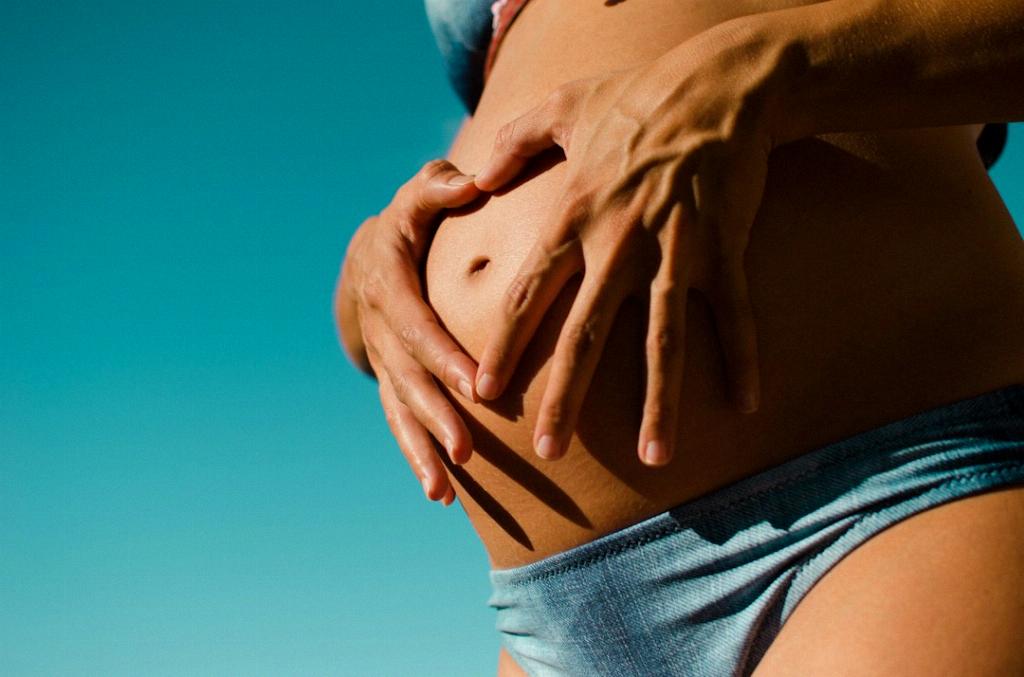When it comes to the safety of consuming caffeine during pregnancy, it is essential to consider the current guidelines and recommendations provided by healthcare professionals. National guidelines suggest that a moderate intake of caffeine, which amounts to less than 200 milligrams per day, is deemed safe for pregnant individuals or those trying to conceive.
Given these guidelines, a 50 mg caffeine intake falls well below the recommended limit of 200 mg per day. In this context, consuming 50 mg of caffeine during pregnancy may be considered safe according to the established guidelines.
While staying within the recommended daily caffeine intake limit is generally considered safe, it is crucial to note that individual responses to caffeine can vary. Some pregnant individuals may be more sensitive to caffeine than others, experiencing side effects such as increased heart rate or jitteriness even with smaller amounts of caffeine.
Additionally, caffeine consumption from various sources should be taken into account when calculating total intake. Caffeine is not only found in coffee but also in tea, chocolate, energy drinks, and certain medications. Therefore, it is important to monitor overall caffeine consumption from all these sources to stay within the recommended limits.
Research on the effects of caffeine during pregnancy is ongoing, with some studies suggesting a potential link between high caffeine intake and adverse pregnancy outcomes. While moderate caffeine consumption is generally considered safe, it is advisable for pregnant individuals to consult their healthcare provider for personalized guidance based on their unique health circumstances.
Monitoring caffeine intake during pregnancy is crucial not only for the well-being of the expectant individual but also for the developing fetus. High caffeine intake has been associated with an increased risk of miscarriage, low birth weight, and other complications. Therefore, adhering to the recommended guidelines can contribute to a healthier pregnancy.
It is worth noting that caffeine metabolism can vary during pregnancy due to physiological changes in the body. The liver’s ability to process caffeine may be altered, leading to a longer caffeine half-life and potentially higher circulating levels of caffeine. This physiological change underscores the importance of staying mindful of caffeine intake levels during pregnancy.
Some individuals may choose to opt for decaffeinated alternatives to reduce their overall caffeine intake during pregnancy. Decaffeinated coffee, tea, and other beverages can offer a flavorful option without the stimulant effects of caffeine. However, it is essential to ensure that decaffeinated products are consumed in moderation and do not contain other additives that may not be recommended during pregnancy.
Overall, while 50 mg of caffeine falls within the safe limit recommended during pregnancy, it is essential to consider individual sensitivities and overall caffeine intake from various sources. Consulting healthcare providers and staying informed about current guidelines can help pregnant individuals make informed choices regarding their caffeine consumption, ultimately contributing to a healthy pregnancy.
In conclusion, being mindful of caffeine intake, staying within recommended limits, and seeking personalized advice when needed can help pregnant individuals make informed decisions about their dietary choices during pregnancy. While 50 mg of caffeine is generally regarded as safe within the established guidelines, individual factors and overall caffeine intake should be considered to promote a healthy pregnancy experience.

